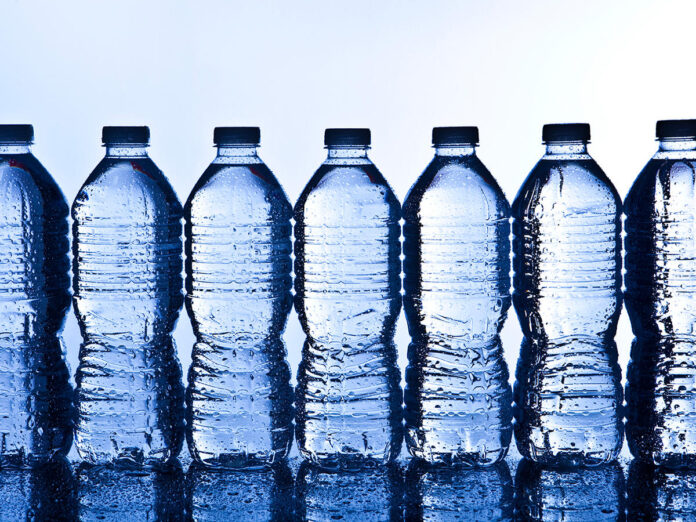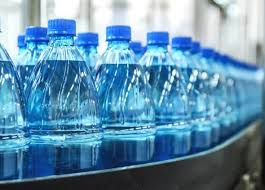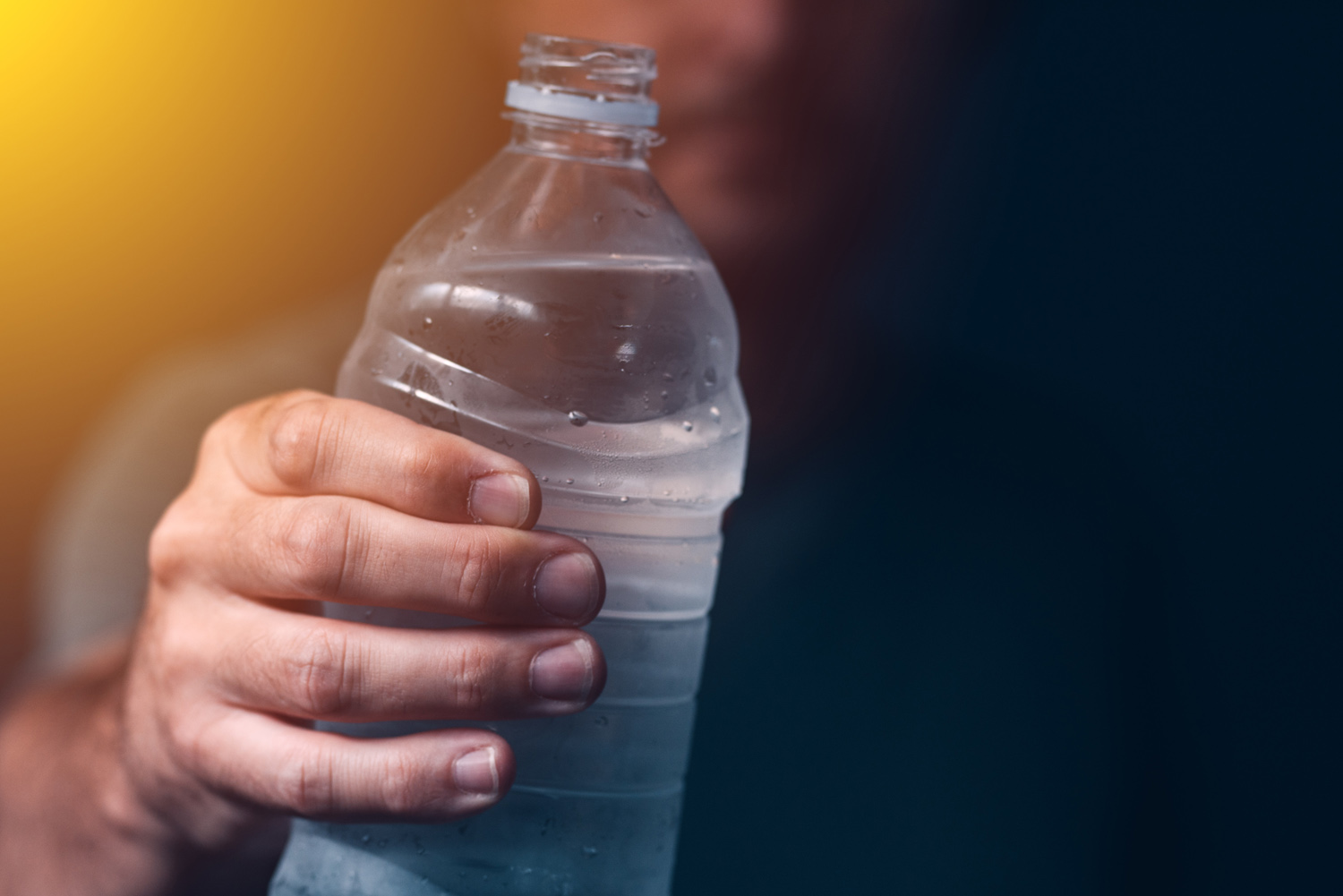Bottled water, it’s potentially one of the best ‘inventions’ in modern times. Carrying a bottle with you allows you to stay hydrated, saves money n purchasing drinks, and it’s healthy for you, isn’t it?
In fact, bottled water may not be as beneficial as you think.
Where Bottled Water Comes From
The truth is that some bottled water is simply tap water, perhaps additionally filtered. Other bottled waters can come from springs or wells, these are often referred to as mineral waters as they are rich in minerals.
But, the simple fact is that bottled water does not need to undergo the same level of testing that your water treatment plant does. That means bottled water can carry an array of contaminants without you being aware.
In fact, bottled water companies don’t need to release testing data to the public, your tap water treatment plant does. At least you can tell what quality tap water is, you won’t have a clue with bottled water!
Research suggests that there can be as many as 38 contaminants in bottled water. These include fertilizers, arsenic, industrial chemicals, and byproducts of disinfectants. That’s not something you would usually willing consume.
But, that’s not all. Bottled water is supplied in plastic bottles. It can take 5-6 times the amount of water in one bottle to produce a plastic bottle! It’s because plastic is made from oil. When drilling for oil the drill needs to be cooled, this takes water.
In other words, drinking bottled water is damaging the environment by encouraging drilling for oil and not making the most efficient use of the water available. Don’t forget that the production of plastic bottles also increase air pollution, potentially damaging your health and the environment.
Plastic bottles also have the potential to be bad for your health. Plastic contains a compound called BPA. This compound can leach into the water. Research has linked BPA consumption with an increased risk of cancer.
This is the reason that water bottles are intended as one-use only. But, it’s possible the BPA will leach into the water if the water is stored for an extended period of time.
The Solution
Fortunately, there is a solution! Step one is to purchase a water bottle designed to be reused. These will be certified not to have BPA in them.
You can then fill this bottle from your tap and carry water with you throughout the day. Of course, tap water isn’t necessarily as pure as you would like. That’s why it’s a good idea to invest in a reverse osmosis water filter.
This type of filter allows water through while capturing contaminants, including bacteria, chemicals, and heavy metals. You won’t just gain access to better-quality water, you’ll find that it tastes better too.
You can use other water filters, such as a carbon one. This is effective at removing chemicals and organic substances but it won’t touch the heavy metals. You’ll have to consider the quality of your water before deciding the right filter for your home.




















